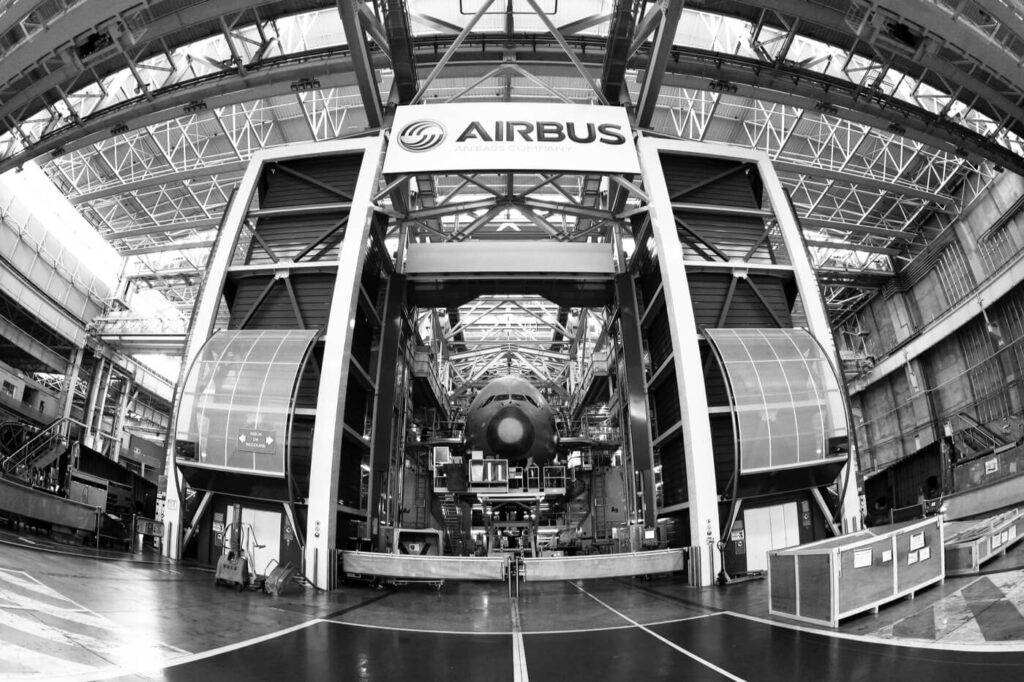Airbus has announced its 2019 financial results. While the year was a record-breaking one for the European conglomerate in terms of aircraft deliveries and orders, the manufacturer had to take several charges throughout the year, which put the final line in the company’s financial statement in the red.
Overall, Airbus delivered 863 commercial aircraft through the year and ended 2019 with 768 net orders (after cancelations). As a result, the commercial aircraft unit brought in $59.4 billion (€54.7 billion) of revenue and as of December 31, 2019, Airbus’ order book is now worth more than $512 billion (€471 billion), with customers signing up for 7,482 aircraft.
Despite the record-breaking results, 2019 also had a bittersweet taste to it: Airbus was forced to take $6 billion (€5.6 billion) worth of charges, including a $3.8 billion (€3.5 billion) charge related to its multi-state corruption probe truce, resulting in a $1.4 billion (€1.3 billion) net loss for the company.
Further financial penalties include a $1.3 billion (€1.2 billion) charge related to the persistent issues with the A400M military transport program, including the German military refusing to take the deliveries of the transport aircraft due to safety concerns and a $219 million (€202 million) charge related to the cancelation of the A380 production.
Ramping up deliveries
Despite short-term disruptions to global air travel due to the coronavirus outbreak, including Airbus closing its Tianjin, China Final Assembly Line (FAL), the manufacturer expects the global passenger numbers to grow. The company’s own goal for 2020 will be to deliver 880 commercial aircraft, as Airbus ramps up production of its aircraft, especially the A220 and A320 families of jets. As a result, Airbus predicts Earnings Before Interest and Taxes (EBIT) to be $8.1 billion (€7.5 billion) in 2020, an increase of 8.6% compared to the current EBIT result of $7.5 billion (€6.9 billion).

